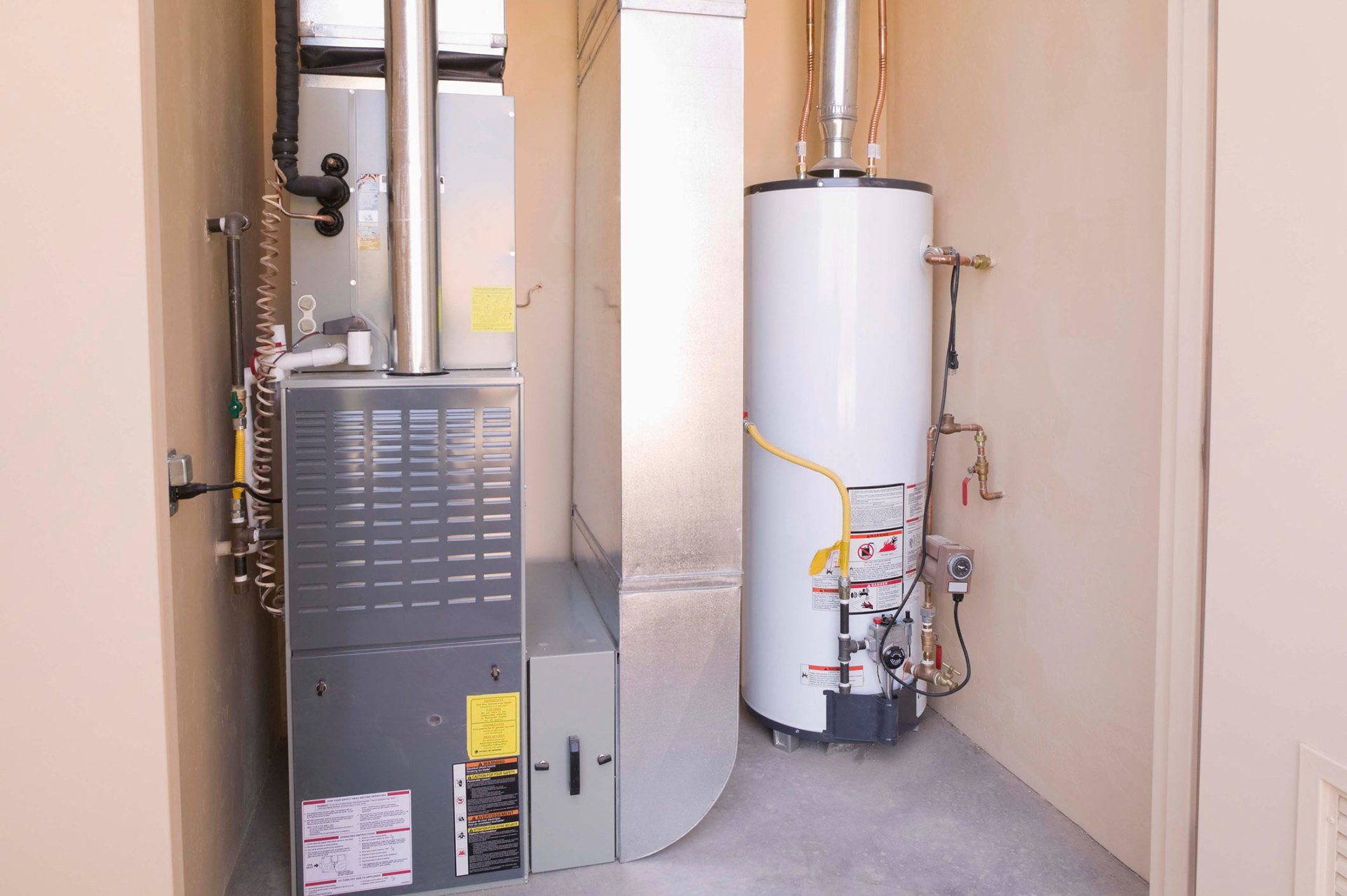Heating Oil Versus Kerosene: Which Fuel Is Best for Your Furnace?

Oil-based products have a long history of providing light and heat to homes and businesses all over the world. Today, fuel oil furnaces are a common, reliable, and safe way to heat your home or building.
If you have a heating system that burns oil, however, you should make informed choices about what kind of oil you burn. Here are some facts about heating oil and kerosene to help you decide which fuel type will work best for your furnace.
Production Process
Heating oil and kerosene are both petroleum-based. Just like gasoline, diesel fuel, and jet fuel, these oil products start out as crude oil. To create these different oil products, crude oil is heated and pumped into specialized distillation towers where it separates into different petroleum components known as fractions .
These fractions are identified based on weight and boiling point. The heaviest fractions, which naturally have the highest boiling points, sink to the bottom of the distillation tower, while the lighter fractions with lower boiling points rise to the top. The petroleum fractions that become kerosene and heating oil are classified as medium-weight liquids, so they are taken from the middle of the distillation tower.
Heating oil and kerosene undergo a similar refinement process after distillation, but kerosene is refined further, which makes it have slightly different properties than heating oil.
Differences in Commercial and Home Heating
Many residential and commercial oil furnaces are capable of burning either kerosene or heating oil. However, the differences in the post-distillation refinement process give these oils different advantages and disadvantages when they are used to heat buildings. As you decide which type of fuel to purchase for your furnace, keep the following facts in mind.
Heating Oil
Heating oil, also known as diesel oil or gas oil, is similar to diesel fuel. Home heating oil is often denser than typical diesel fuel, but both can technically be used to fuel diesel engines. However, in the United States, heating oil is often dyed red to indicate that it cannot legally be used as diesel fuel, as it has not been taxed as a road fuel must be.
Heating oil is readily available, so it tends to cost less than other types of oil, which makes it ideal for home and business owners on a budget. Heating oil is also safe to store and use. Unlike gasoline, this oil product cannot catch fire or explode unless it is heated to its flash point at 140 degrees Fahrenheit, when it vaporizes into the flammable gases that heat your furnace.
While heating oil is safe to store, provides long-lasting heat, and is relatively cost-effective, it sometimes contains impurities such as sulfur, which may create hazardous fumes when the heating oil is burned. Due to such impurities, heating oil may also not burn as cleanly, which could create carbon monoxide as a byproduct. Therefore, a home or business that burns heating oil should prioritize adequate ventilation.
Heating oil also has a tendency to become more viscous, or to "gel up," in cold temperatures, so it may not be the best choice for homes and businesses with outdoor furnace fuel tanks.
Kerosene
Kerosene is also known as paraffin or lamp oil, and kerosene lamps are sometimes still used in place of electric lights. Kerosene has a higher viscosity and lower density than typical heating oil, which means that it has a lower flash point. Kerosene gives off flammable gases when it is heated to approximately 100 degrees Fahrenheit, which does make it a slightly greater fire and explosion risk than heating oil.
However, because kerosene is more highly refined, it burns cleaner than typical heating oil, which could make furnaces that burn kerosene more fuel-efficient. Kerosene also produces fewer fumes due to its lack of impurities, though there is still a slight risk for carbon monoxide byproducts.
Due to its lower viscosity, kerosene also doesn't gel during the winter months like heating oil might. This makes it an ideal fuel for homes and businesses that have an outdoor fuel tank as part of their heating system.
For more information, talk to the experts at Biltmore Oilabout your heating system.

